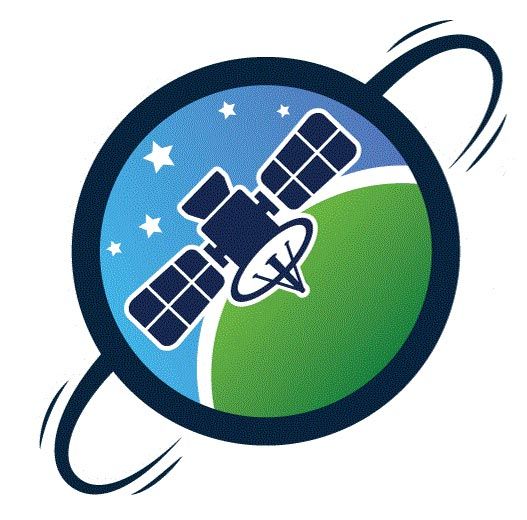IRS Tax Levy Negotiations Satellite Beach, FL

Our IRS tax levy resolution service is designed to provide critical assistance to taxpayers facing the stressful situation of a tax levy. Our team of experienced tax professionals works closely with you to understand your financial situation. We then communicate directly with the IRS on your behalf, presenting compelling arguments and negotiation strategies aimed at reducing or possibly eliminating the levy. Leveraging a deep understanding of tax laws and IRS protocols, we aim to secure an outcome that protects your financial well-being and adheres to legal requirements.
Understanding Different Types of IRS Levies
An Insight into Wage Levies
The IRS may impose a wage levy, also known as a wage garnishment, as a method to collect tax debt directly from your income source. Under this type of levy, your employer is legally obligated to withhold a significant portion of your salary or wages, which is then forwarded to the IRS to settle your tax liability.
The Implications of Bank Levies
A bank levy is another tool at the disposal of the IRS. In this case, the IRS instructs your bank to freeze your account(s), thereby seizing any funds available up to the amount of the tax debt. The bank is required to hold these funds for a period of 21 days, during which you can negotiate with the IRS or pay the debt to prevent the funds from being sent to the IRS.
The Impact of Property Levies
In more severe cases, the IRS can enforce a property levy to recover the tax debt. Under a property levy, the IRS has the authority to seize your physical assets such as vehicles, real estate, or other valuable property, which is then sold to satisfy your tax debt. This levy type is usually the last resort when other collection attempts have failed.
Tax Lien and Levy: What You Need to Know
Tax Lien
A tax lien represents the government's legal claim against assets when someone hasn't settled their tax obligations. This action is a consequence of delinquent tax payments, whether from unpaid income taxes, property taxes, or business-related taxes. The imposition of a lien can encompass various assets, from real estate and vehicles to bank accounts and business assets.
While a tax lien primarily serves as a protective measure for the government's interest, it can have detrimental effects on the taxpayer. It can hinder one's creditworthiness, making it challenging to secure loans or mortgages. To prevent or lift a lien, it's crucial to either clear the outstanding tax debt or negotiate alternative payment arrangements with tax authorities.
Tax Levy
A tax levy is one of the IRS's most stringent measures to collect unpaid taxes. Unlike a tax lien, which is a claim against assets, a tax levy actually allows the government to seize those assets. This can include garnishing wages, extracting funds from bank accounts, or even selling off personal property and real estate.
The repercussions of a tax levy can be financially and emotionally devastating. It's a direct result of unresolved tax liabilities and ignored IRS notices. To prevent or halt a levy, taxpayers should either settle their outstanding debts promptly or engage in negotiations with the IRS, possibly considering options like payment plans or an Offer in Compromise.
How IRS Levies Affect Your Tax Liability
IRS levies are aggressive enforcement actions taken to address outstanding tax debts, directly impacting your overall tax liability. When assets or wages are seized through a levy, the proceeds are applied to the delinquent tax balance, reducing the amount owed. However, while this method might decrease tax liability, it can also lead to financial hardships, emphasizing the importance of proactive tax planning and timely response to IRS notices.
Defeating Tax Debt Through Effective IRS Levy Negotiation with Satellite Tax Resolution
Experienced Guidance in IRS Levy and Tax Debt Resolution
At Satellite Tax Resolution, we understand that an IRS levy can create a significant burden, seizing your bank accounts, wages, and other personal property to satisfy unpaid taxes. This legal seizure can leave you in a state of economic hardship, struggling to meet basic needs, and can often seem insurmountable. However, we have the tax professional expertise and the tenacity to turn the tides in your favor.
By effectively negotiating with the IRS on your behalf, we can help arrange an installment agreement or have the levy released under certain circumstances. We evaluate your unique financial situation, tax liabilities, and the IRS notice you've received, and then deploy strategies to potentially minimize the impact of the levy, resolve tax issues, and defeat the tax debt. With our experienced guidance, you'll have the tools to navigate through these IRS tax liens and levies, ultimately working towards a more financially stable future.
